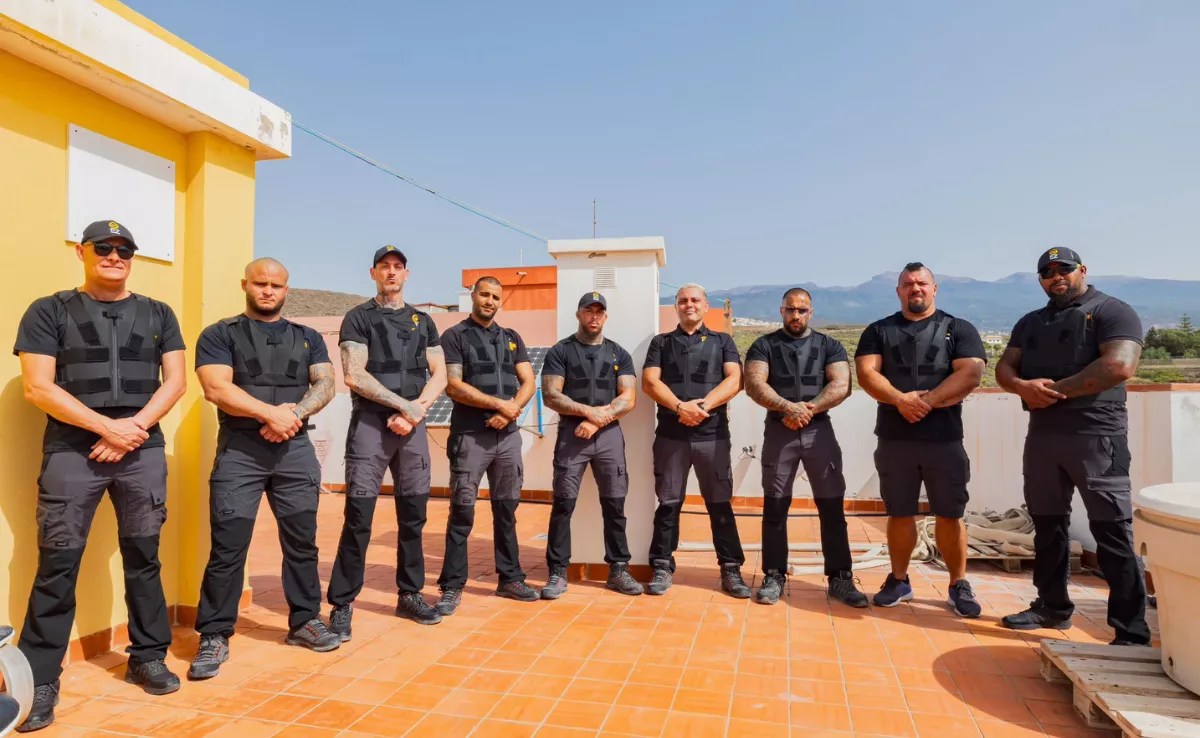Santa Cruz de Tenerife, 2 Apr. (Press Europa) –
The Civil Guard, as part of Operation Exoterife, has apprehended five individuals from the same family on suspicion of transporting, possessing, breeding, and illegally trafficking 73 examples of various species of invasive exotic wildlife, other protected native fauna, and several considered potentially hazardous, along with charges of animal cruelty.
The accused lacked the necessary administrative permits, with many of the seized specimens being prohibited from sale, according to a statement from the Civil Guard.
The investigation commenced following surveillance activities between the towns of Tamaimo and Icod de los Vinos, aimed at identifying the individuals now charged, who allegedly marketed CITES-protected specimens via social media.
In addition, Seprona agents discovered a vehicle recently travelling along the roads of Tenerife, which contained hidden animals lacking the documentation required for their legal possession. A total of 33 specimens of exotic fauna, including various reptiles, amphibians, and arthropods, were found in the boot and underneath the seats.
Among these were a red-legged Morrocoy turtle and three sand boas, both protected by CITES regulations, which govern the trade of endangered flora and fauna; five tarantulas and two scorpions were also found, deemed potentially dangerous animals whose possession and sale are banned under regional and national laws due to the risks they pose to human safety.
Plastic bags filled with water were also recovered, containing seven gallipatos, a native species of Iberian fauna, the possession and trade of which is similarly prohibited by Law 42/2007 regarding Natural Heritage and Biodiversity.
Search and Seizure
Following investigations, SEPRONA agents moved to Gran Canaria, where, with the appropriate judicial approval and in conjunction with the local Seprona patrol, they conducted a search of the residence of the driver transporting the animals. This led to the discovery of a further 22 specimens, including reptiles, amphibians, and mammals, all lacking essential documentation.
Overall, the agents seized six giant lizards from Gran Canaria, an endemic species that is protected both nationally and regionally, making ownership without authorisation illegal. They also found a royal python and three coarse-lanker geckos, species whose trade is regulated to prevent them from disappearing from their natural habitats.
Additionally, two Maizal snakes, four sugar gliders, and a Florida turtle were also retrieved.
These invasive exotic species are prohibited due to the potentially severe disruption they could cause to natural ecosystems should they be introduced into the wild – particularly in island ecosystems that have evolved in isolation from continental wildlife for thousands of years.
Furthermore, agents intercepted a parcel sent via postal mail, addressed to one of the defendants, which contained additional specimens.
The individuals under investigation face charges related to flora and fauna offences, as well as animal cruelty concerning the poor condition of some animals.
They are also subject to administrative sanctions for violating regulations regarding natural heritage and biodiversity, animal welfare, and smuggling.
As a result, the Civil Guard has dismantled an unlawful distribution point for various species, receiving animals from both other islands and the mainland via postal mail.
The confiscated animals have been relocated to the Neotropic Foundation in Santa Cruz de Tenerife and the Tafira Wildlife Recovery Centre in Las Palmas de Gran Canaria, where they await the relevant judicial and administrative authorities.
The case files have been submitted to the Court of Instruction number 2 in Santa Cruz de Tenerife.
















